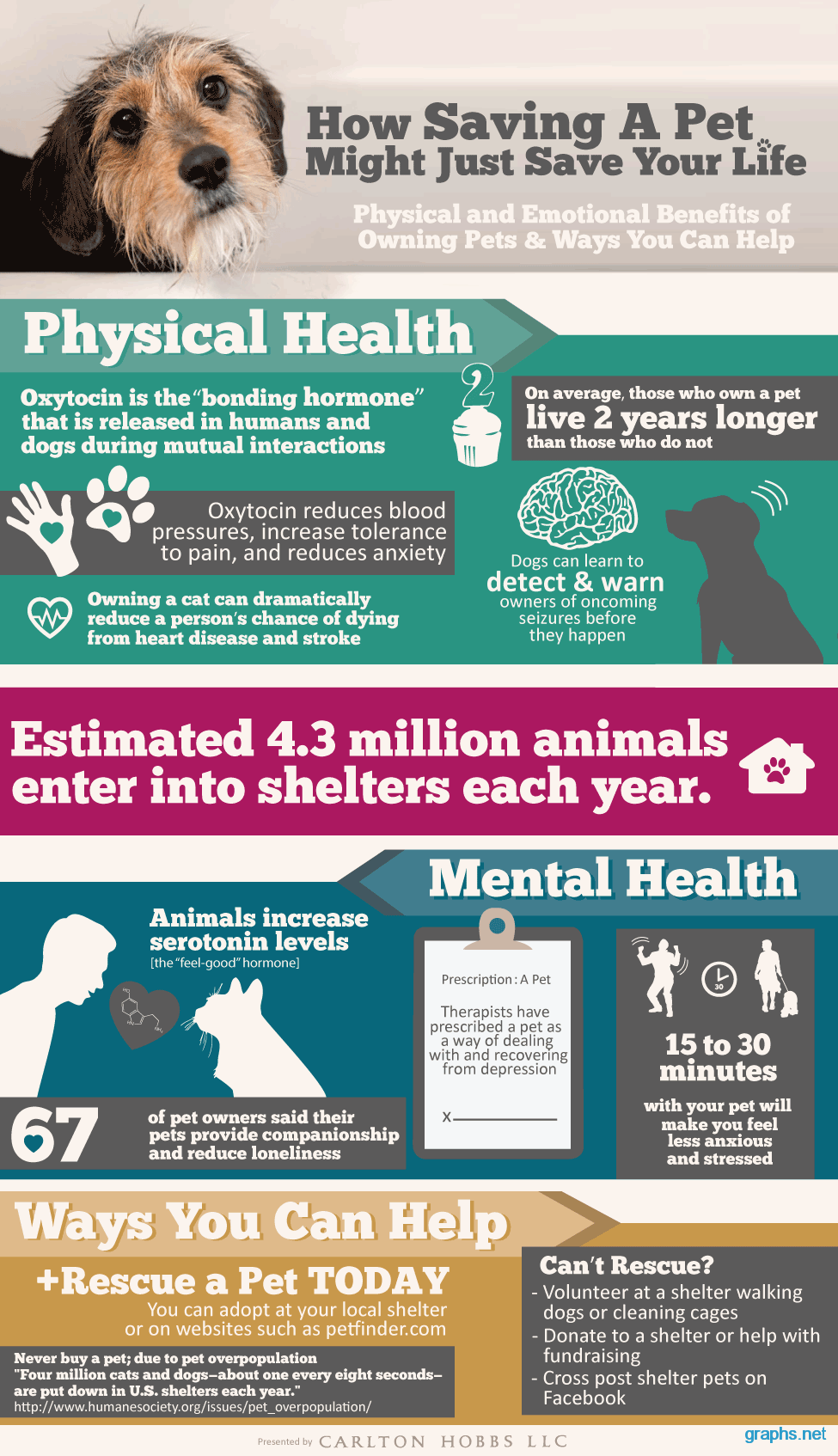How To Spot Quality Dog Daycare
How To Spot Quality Dog Daycare
Blog Article
What Vaccinations Are Needed For Pet Childcare?
Whether your dogs spend time at day care or boarding facilities, they require to be updated on every one of their called for inoculations. Core vaccinations consist of Bordetella, rabies and DA2PP, which defend against usual diseases that dogs are exposed to when in close contact with others.
Non-core injections include canine influenza and leptospirosis shots. These are advised for dogs that join other dogs frequently.
Core Vaccinations
As a crucial part of preventative treatment, pet dog injections help maintain pets risk-free from contagious diseases sent via direct contact or contaminated surface areas. Injections stimulate the body immune system to develop antibodies that battle disease, and most veterinarians think about core canine vaccinations to be necessary for all family pets.
Rabies
Many reliable dog childcare facilities require that your pet dog depend on date on their rabies inoculation. Inoculations are administered to pups as early as 12-16 weeks old, and boosters are needed every 3 years or two till their adult years. Rabies is a fatal viral condition that spreads through saliva, normally from bites. Most states need rabies vaccinations for all pets and felines, and some also mandate rabies boosters for family pet owners.
Distemper/Parvovirus/Adenovirus (DHPP).
This mix vaccine covers canine distemper, parvovirus, liver disease, and adenovirus, all of which are very infectious. Most vet offices use DHPP vaccines as one shot or in a collection of two to 4 shots, given 2-4 weeks apart, adhered to by an annual booster. This vaccination is a demand for the majority of boarding and doggy childcare facilities, along with numerous groomers.
Bordetella/Canine Parainfluenza Vaccination.
Bordetella bronchiseptica, typically called kennel cough, is a really infectious respiratory system infection triggered by the microorganisms that causes the condition. Symptoms consist of relentless coughing, sneezing, nasal discharge, and fever. The majority of kennel cough episodes occur in jampacked environments, such as day care or boarding centers, and are especially typical in warmer weather. This injection is a need for most day care and boarding centers, and is frequently supplied in a combination with the DHPP injection.
Leptospirosis Vaccination.
This is a bacterial illness boarder collie dog that spreads out through polluted water, dirt, and pee. Infection can cause kidney and liver damages, along with death, and is transmissible to people. The majority of vets will suggest this vaccination, based on geographic area and lifestyle of the pet, for canines that hang out outdoors or at boarding centers, as well as some groomers. This injection is normally carried out as a series of two to 4 shots, spaced 2-4 weeks apart, with a yearly booster needed for most animals.
Lyme Condition Vaccination.
The most common tick-borne illness in the USA, Lyme condition is transmitted by the deer tick and can result in fever, joint discomfort, muscular tissue pain, and loss of appetite. The Lyme disease injection secures versus one of the most prevalent strains of the virus, consisting of the H3N8 and H3N2 stress. The majority of vet clinics recommend this vaccine, especially in risky locations, such as the Northeast, top Midwest, Mid-Atlantic, and along the Pacific shore.
Noncore Vaccines.
Various other pet vaccines, while not necessary for all animals, are suggested based on the pet dog's way of life and geographical area. These consist of the following:.